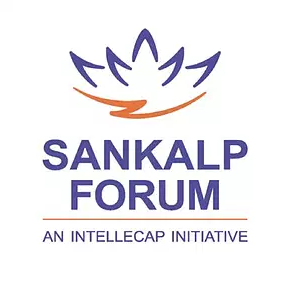

Insights from the Sankalp West Africa Summit 2023
Electricity consumers in nations such as Ghana and Nigeria frequently grapple with the exorbitantcosts of operatingdiesel and petrol generators. Despite this, affordable solar alternatives capableof replacing these generators are sparse. To tackle this dilemma, Sankalp West Africa curated asession that spotlighted solutions and catalyzed conversations on actions taken to boost the solarindustry.
The session shed light on efforts undertaken in Uganda to lobby for subsidies on solar batteriesand products. This involved encouraging enrolment in the Ugandan Solar Association, thusfostering collective advocacy for beneficial policies in the solar realm. Organizations like the ShellFoundation champion greater capital investment in innovation to drive price reductions, therebymaking solar products more attainable for consumers.
Considerable strides have been made in the solar sector by investing in cold storage, mobilitysolutions, and clean cooking technologies. These initiatives contribute to the overarching goal ofenhancing individual and community life through sustainable energy solutions.
The session further bolstered its industry reputation by presenting these pioneering ventures:
Success Story 1:
Aptech’s Pay and Pump Project Aptech, under the auspices of the Shell Foundation, embarkedon the Pay and Pump Project in Uganda, aiming to provide solar water pumpsto small-scalefarmers. They navigated initial obstacles related to cost, erratic rain patterns, and irrigation waterscarcity by actively engaging with farmers and understanding their unique challenges. In 2019,grants were secured to subsidize the solarwater pumps, which were procured from China andsold to farmers either outright or on credit. The initial response was tepid due to affordabilityconcerns. Aptech responded by revising their business model, offering a 24-month payment plan.However, aftersix months, the same concern was raised, prompting Aptech to explore alternateproducts and pricing models. Their solution was the introduction of subscription packages,providing flexibility for farmers to select the payment plan that best catered to their needs.Currently, Aptech is refining its system based on the successful model they’ve established andare actively seeking funding to meet their customers’ growing demands.
Success Story 2:




